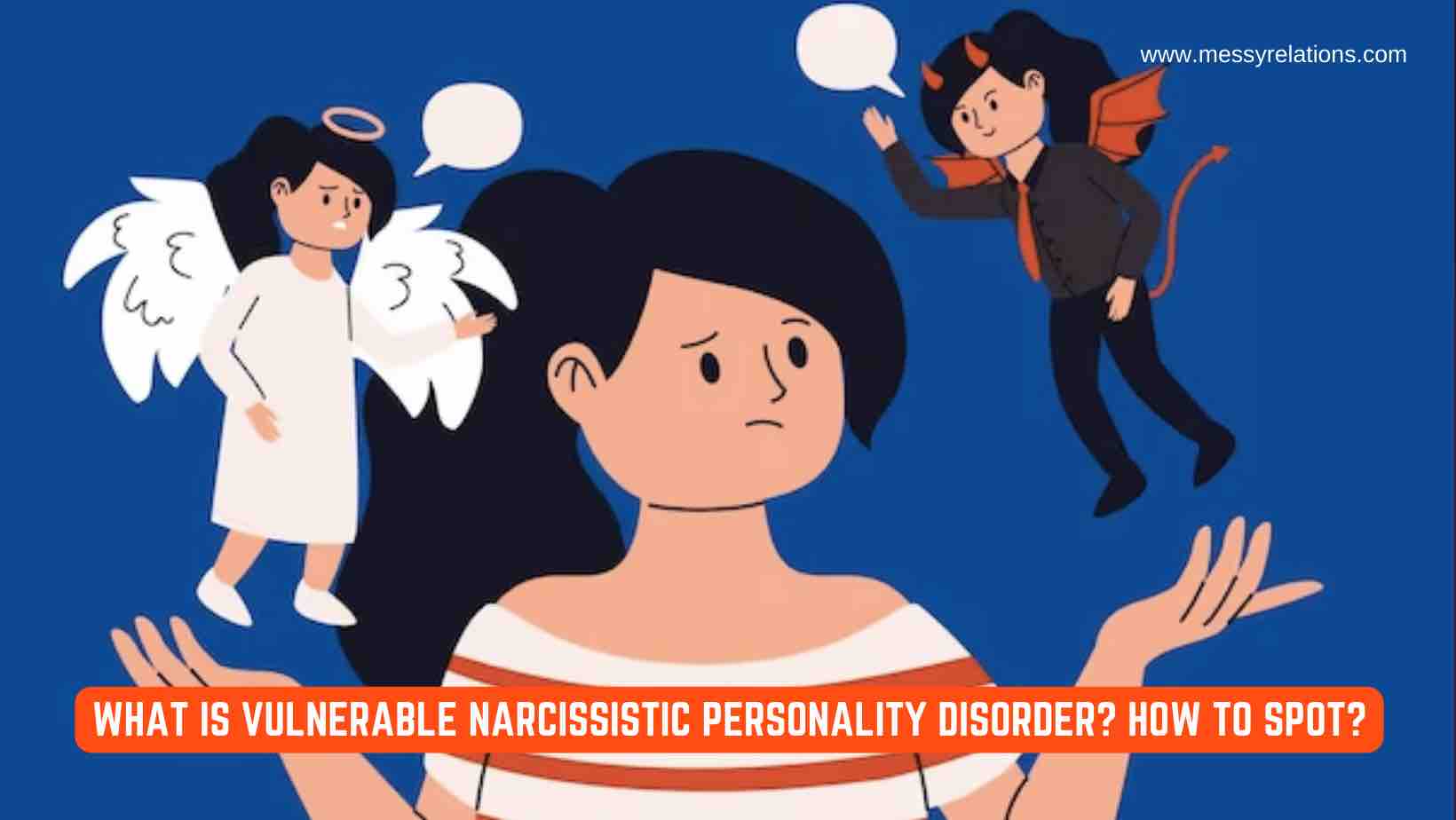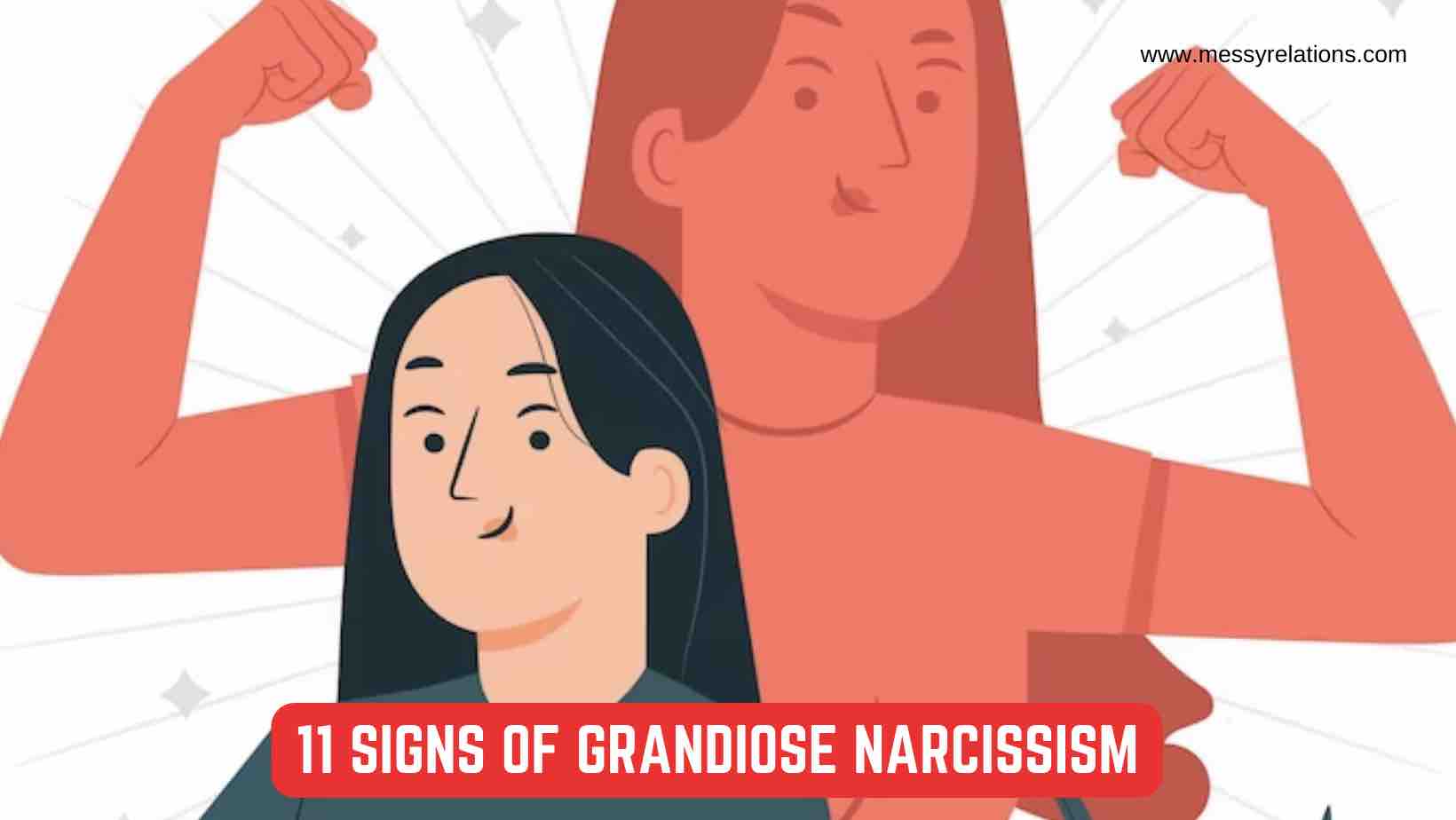Navigating relationships can be challenging, particularly when complex PTSD symptoms are involved. Complex PTSD (C-PTSD) is a psychological disorder that can develop due to prolonged exposure to traumatic events. It can significantly affect relationships, leading to various challenges. Here’s an exploration of 17 symptoms of complex PTSD in relationships, presented in an approachable, informational manner.
1. Increase In Trust Issues
Individuals with complex PTSD may find it hard to trust their partners. This distrust can stem from past traumas and can strain the relationship.
2. There’s Fear of Abandonment
A common symptom is the fear of being abandoned. This fear can lead to clingy or overly dependent behavior, as well as anxiety about the relationship’s stability.
3. Difficulty with Emotional Intimacy
Forming deep emotional connections can be challenging. People with complex PTSD might struggle to open up and share their feelings.
4. Hypervigilance Affects
Constantly being on edge, anticipating danger or betrayal, even where none exists, is a hallmark of complex PTSD. This can create a tense environment in a relationship.
5. Negative Self-Image Impacts
Complex PTSD can cause individuals to have a poor self-image, which might lead them to feel unworthy of love or happiness in a relationship.
6. Emotional Regulation Challenges
Managing emotions can be difficult, leading to mood swings, unexpected outbursts, or emotional withdrawal.
7. Flashbacks Spoil Present
Flashbacks or intrusive thoughts about past traumas can interfere with present interactions and relationship dynamics.
8. Avoidance of Situations is Possible
Avoiding situations that might trigger memories of trauma can limit activities a couple can enjoy together.
9. Difficulty with Physical Intimacy
Physical intimacy can be challenging or uncomfortable, especially if the individual’s trauma is related to physical or sexual abuse.
10. Big Time Control Issues
A need for control in various aspects of the relationship might manifest, often as a coping mechanism to feel safe.
11. Isolation from Partner
Tendency to isolate from their partner or social situations, driven by fear, mistrust, or feeling overwhelmed.
12. Difficulty Trusting One’s Judgement
Doubting their decisions and feelings, individuals with complex PTSD might overly rely on their partner for validation.
13. Feelings of Guilt or Shame Trigger
They may carry guilt or shame from their traumatic experiences, which can affect how they interact and connect with their partner.
14. Dissociation with Reality
Moments of dissociation, feeling detached from oneself or reality, can disrupt the flow of a healthy relationship.
15. Heightened Anxiety or Depression
Symptoms of anxiety or depression are common, affecting the individual’s energy levels, interest in activities, and overall engagement in the relationship.
16. Overwhelm with Relationship Conflicts
Even minor conflicts can feel overwhelming, leading to avoidance or disproportionate reactions.
17. Problems with Communication
Struggles with effective communication, either by shutting down or struggling to articulate thoughts and feelings.
Understanding complex PTSD symptoms in relationships is crucial for both partners. It’s important to approach these challenges with empathy, patience, and a willingness to seek professional help when necessary. Recognizing these symptoms is the first step towards navigating the complexities of a relationship affected by C-PTSD, aiming for a healthy, understanding, and supportive partnership.
FAQs – Frequently Asked Questions
Here are some answers you might be looking for.
1. What is Complex PTSD?
Complex PTSD (C-PTSD) is a psychological disorder that can develop after prolonged and repeated trauma, particularly during childhood or adolescence. Unlike standard PTSD, which usually stems from a single event, complex PTSD arises from sustained, repeated exposure to highly stressful and traumatic circumstances. This can include long-term abuse, domestic violence, or living in a war-torn environment. C-PTSD is characterized by difficulties in emotional regulation, consciousness, self-perception, distorted perceptions of perpetrators of abuse, relations with others, and negative effects on the meaning of life. Individuals with complex PTSD may experience persistent feelings of terror, worthlessness, helplessness, and a constant sense of threat.
2. Does Complex PTSD Qualify for Disability?
Whether complex PTSD qualifies for disability depends on the jurisdiction and specific circumstances of the individual. In many places, PTSD, including complex PTSD, can qualify as a disability if it significantly impairs one’s ability to function in daily life and maintain employment. The process usually requires a formal diagnosis from a healthcare professional and substantial medical evidence documenting the extent of the impairment. It’s important for individuals considering this route to consult with legal and medical professionals to understand the specific requirements and process in their region.
3. Can Complex PTSD be Cured?
There is no straightforward ‘cure’ for complex PTSD, but it can be effectively managed and treated over time. Treatment usually involves a combination of psychotherapy, medication, and support from healthcare professionals, family, and friends. Therapies like cognitive-behavioral therapy (CBT), dialectical behavior therapy (DBT), and eye movement desensitization and reprocessing (EMDR) have been effective for many individuals. Recovery from complex PTSD is often a long process, and the goal of treatment is typically to reduce the severity of symptoms and improve quality of life. It’s important to remember that each individual’s journey with C-PTSD is unique, and what works for one person may not work for another.
4. How Long Does Complex PTSD Last?
The duration of complex PTSD varies greatly from person to person, as it depends on a multitude of factors including the nature and duration of the trauma, the individual’s resilience, the support systems in place, and the effectiveness of the treatment received. For some, the symptoms may diminish significantly over a few years with proper treatment, while for others, it may be a lifelong condition that requires ongoing management. It’s crucial for individuals with complex PTSD to receive consistent and long-term support and treatment to manage their symptoms and improve their quality of life.
5. Can relationships survive if one partner has complex PTSD?
Yes, relationships can survive and even thrive, provided there is understanding, patience, and often professional support to navigate the complex dynamics.
6. Is professional help necessary for managing complex PTSD in relationships?
Professional help, such as therapy, can be crucial in managing complex PTSD. It provides tools and strategies for both partners to cope with the challenges.
7. How can the non-affected partner support their loved one with complex PTSD?
The non-affected partner can provide support by being empathetic, patient, and encouraging open communication, while also seeking to educate themselves about the condition.




